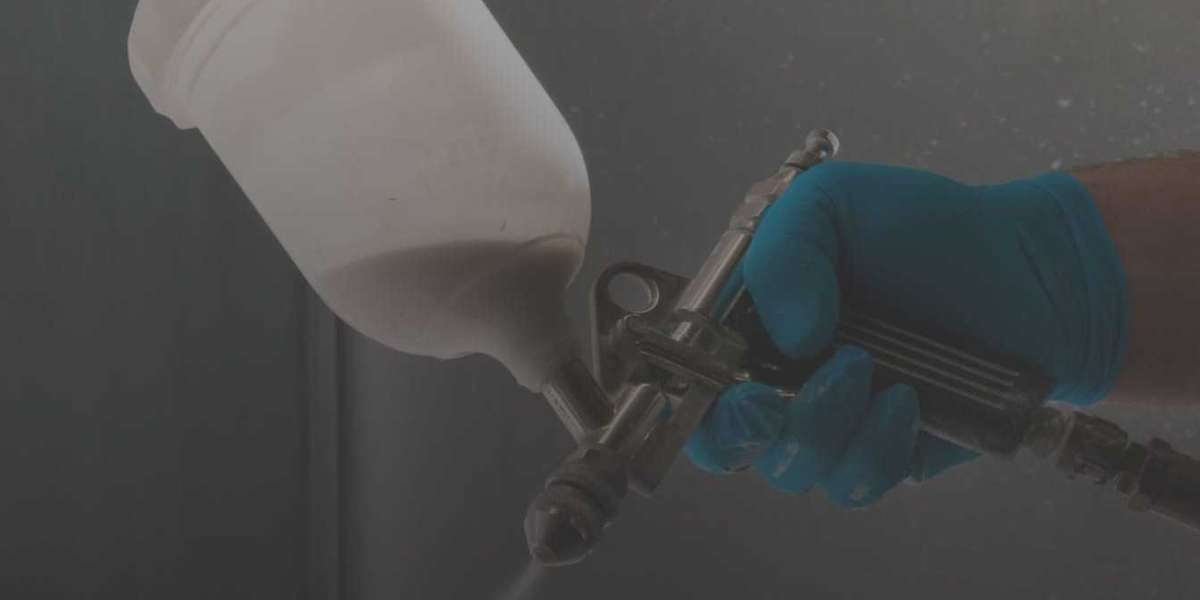Buying a horse trailer is a major investment for any equestrian, but purchasing a used horse trailer for sale can be a smart way to save money—if you know what to look for. While there are plenty of reliable, well-maintained used trailers on the market, there are just as many that hide issues beneath a coat of fresh paint.
Before you commit to buying, it's essential to perform a thorough inspection. In this article, we'll guide you through insider tips and a step-by-step checklist to help you evaluate used horse trailers for sale with confidence.
Why Inspecting Used Horse Trailers Is Essential
Unlike new trailers, used horse trailers for sale come with a history. That history could include wear and tear, exposure to weather, poor maintenance, or even hidden damage. A proper inspection ensures you're not buying someone else's problems and helps you avoid costly repairs later on.
Moreover, thorough inspections are not just about saving money—they're also about protecting your horses. A faulty trailer can lead to injuries, accidents, or breakdowns, so careful evaluation is a must.
Pre-Inspection Preparation: Know What You Need
Before you even go look at a trailer, have a clear idea of your requirements:
How many horses will you transport regularly?
What size and breed are your horses?
Do you need a straight load or slant load?
Do you prefer bumper pull or gooseneck?
Is living quarters space important?
Having these answers ready helps you narrow down which used horse trailers for sale are worth inspecting and ensures you don’t waste time on unsuitable options.
Step-by-Step Inspection Checklist
1. Inspect the Frame and Structure
Start by walking around the entire trailer and checking for structural damage. Pay attention to:
Rust and corrosion, especially on steel frames
Cracks or dents in the main structure or roof
Signs of welding repairs, which might indicate past accidents
Sagging or warping, which may suggest compromised support beams
Aluminum trailers resist rust but can still develop structural issues if not maintained.
2. Check the Flooring
The floor is one of the most critical components of any horse trailer. Lift any mats and thoroughly inspect:
Wooden floors for rot, soft spots, or water damage
Aluminum floors for pitting, corrosion, or cracks
Make sure the floor is even and sturdy across all sections
Damaged flooring is a major red flag and can be costly and dangerous if overlooked.
3. Examine the Tires and Axles
Used trailers often sit unused for long periods, which can cause tire degradation. Check for:
Cracks in sidewalls
Uneven tread wear
Tires older than 5-6 years, even if they look fine (check the DOT code)
Also inspect the axles, wheel bearings, and suspension system for signs of rust, damage, or excessive wear.
4. Inspect the Hitch and Safety Chains
Make sure the hitch type matches your towing vehicle. Then examine:
Welds and bolts on the hitch frame
Safety chains and breakaway systems
Electrical wiring and plug connectors for rust or loose ends
A worn-out hitch setup could create dangerous towing conditions.
5. Test the Doors and Ramps
Open and close all doors and ramps. They should:
Operate smoothly without sticking
Lock securely without forcing
Show no signs of misalignment or warping
Ramp hinges and latches are especially prone to wear and should be in good working condition.
6. Review the Interior Condition
Your horse's safety and comfort depend on the interior. Inspect:
Padding on walls, dividers, and head bumpers
Ventilation, including roof vents and windows
Cleanliness and absence of mold or odors
Dividers for damage, rust, or misalignment
Interior condition says a lot about how the trailer was maintained.
7. Lighting and Electrical System
Test all lights including:
Interior lights
Brake lights
Turn signals
Running lights
If any aren’t working, it could be a simple bulb—or a sign of deeper wiring issues.
8. Verify the Title and Ownership
Before making an offer, confirm that:
The seller has the title in hand
The VIN matches the trailer
There are no liens or ownership disputes
Lack of proper paperwork can cause legal and registration issues later.
Red Flags to Watch Out For
Here are some warning signs that should prompt you to walk away:
Strong odors of mold, urine, or rot
Fresh paint covering rusty or damaged areas
Seller unwilling to let you inspect fully or rushes the process
No maintenance records available
Tires with good tread but old manufacture dates
A good deal on a trailer isn’t worth risking your horse’s safety or unexpected repair bills.
Ask the Seller the Right Questions
In addition to your physical inspection, ask the seller:
How often was the trailer used and for what purpose?
Has it been stored inside or outside?
When were the tires and brakes last replaced?
Has the trailer ever been in an accident?
Are there maintenance or service records available?
The answers will help you gauge the honesty of the seller and the trailer’s condition.
Consider a Professional Inspection
If you're not confident inspecting the trailer yourself, it’s worth hiring a trailer mechanic or taking it to a reputable service center for a professional evaluation—especially for high-value purchases.
Conclusion: Buy Smart and Safe
Inspecting used horse trailers for sale doesn’t require expert-level knowledge, but it does require careful attention to detail. By following these insider tips, asking the right questions, and knowing what to look for, you can find a reliable trailer that fits your needs and protects your investment—and more importantly, your horses.



